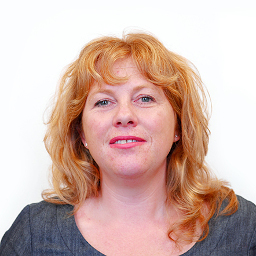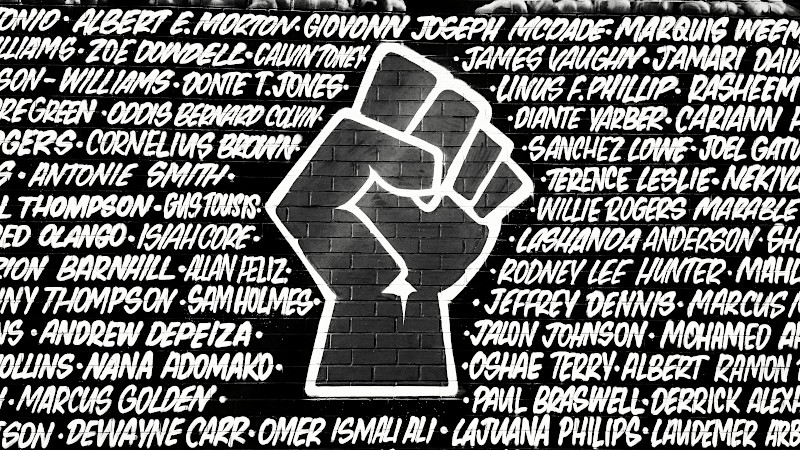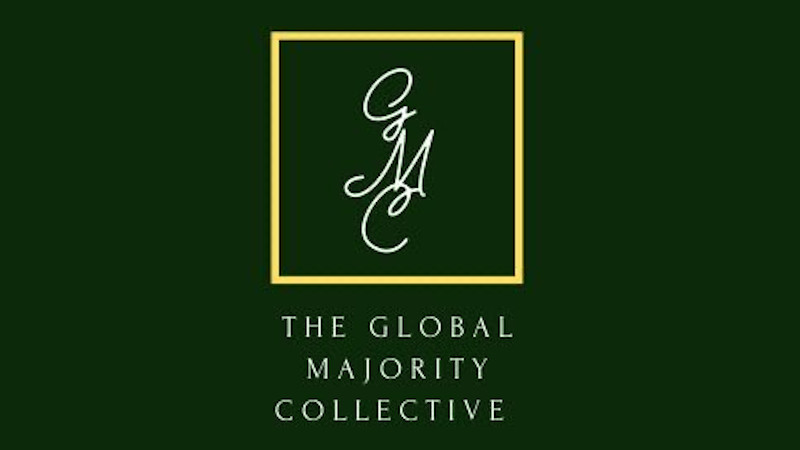The work in our University began well before the BLM protests in the summer of 2020.
Our work to decolonise the curriculum started in silos of interest and in 2017, we developed a strategy that became an action plan. Now we are at a point where, as a programme team, we have a well-embedded action plan and we are beginning to look at evidencing impact. Our strategy has covered curriculum, staffing, research and, most importantly, our mind sets, all with an aim of overcoming outcome gaps.
We want to acknowledge all the good work that has begun in the sector, but we need to remain critical of ourselves and others and realise there is a long way still to go and how we will maintain this work once it doesn't become the latest thing. We realise our work is only a small aspect of that good sector work.
We have drawn heavily on the idea of Ubuntu ‘I am because we are’. Ubuntu speaks to the value of collectivism and it has been through working together and collaboration that we have achieved our outcomes.









